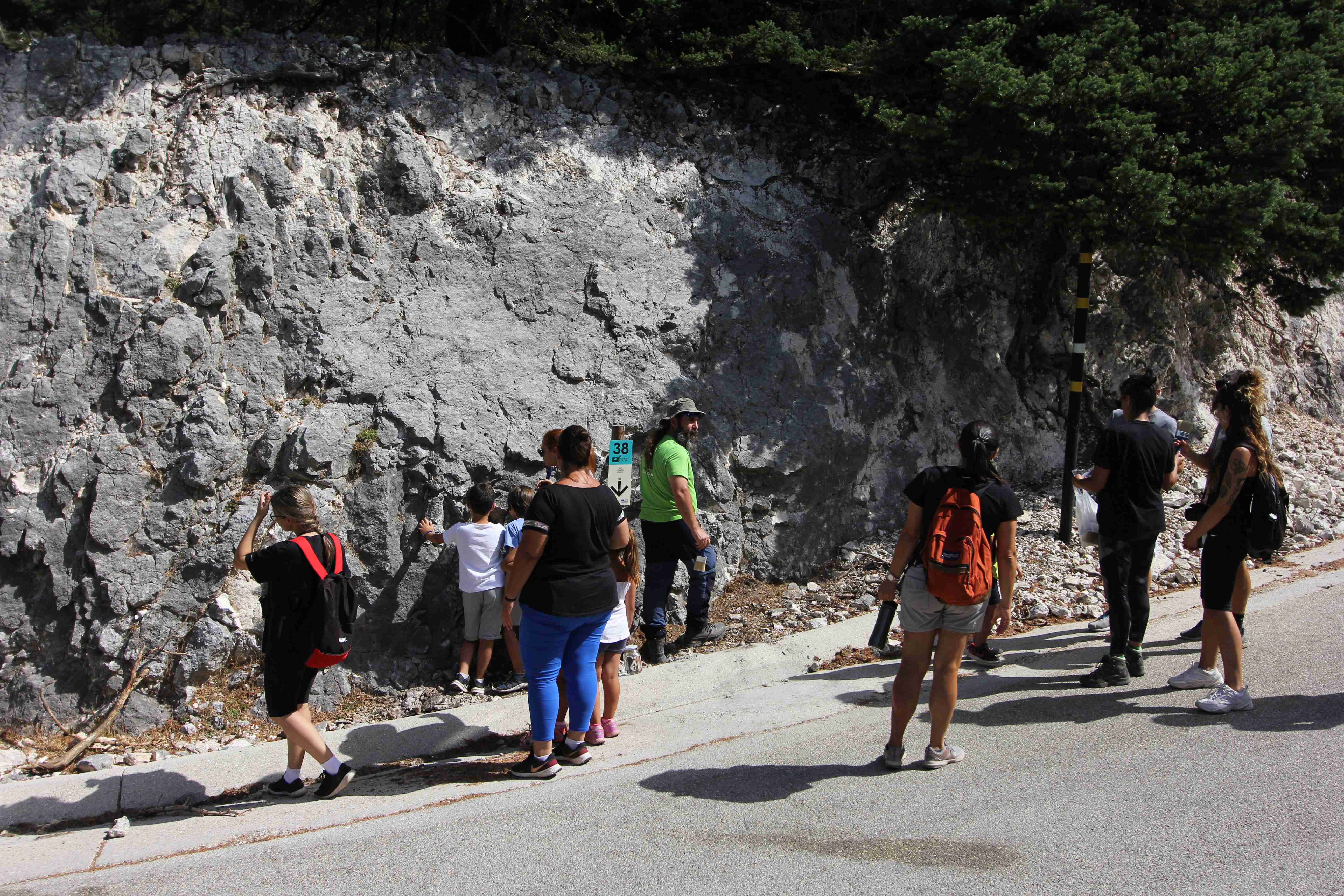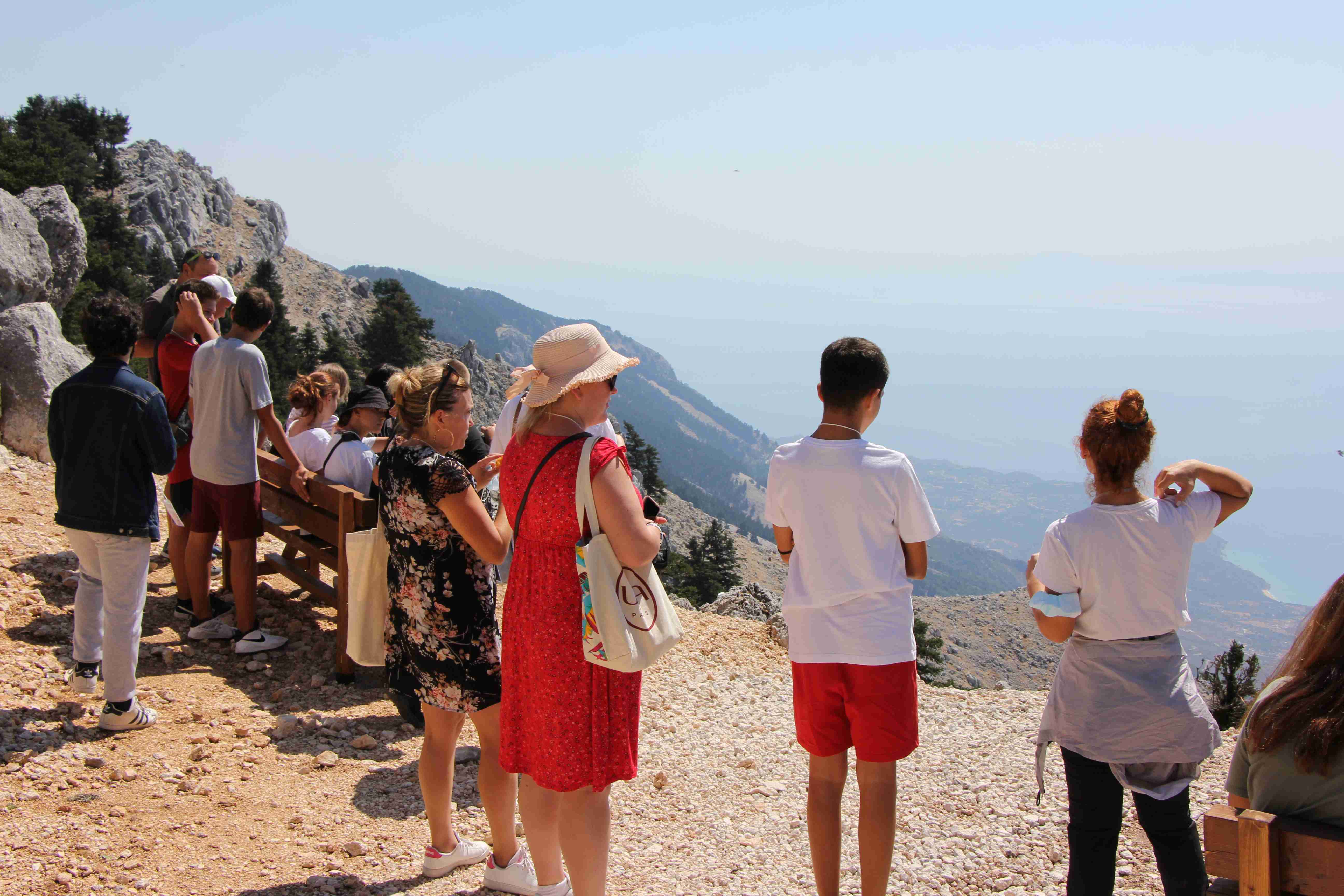
A Geopark is an area with a special geological heritage of international importance and a sustainable territorial development strategy. It should have clearly defined boundaries and enough space to allow for real territorial economic development, mainly through tourism. The geological sites should be of international importance in terms of their scientific quality, rarity, aesthetics and educational value. All these sites must be related not only to geology, but also to archaeology, ecology, biodiversity, history and culture. Geoparks draw on this heritage to understand and address key issues facing society in the context of the dynamic planet we live on (a planet that is subject to change). Important places/sites within a Geopark must be protected, where appropriate, in accordance with local, regional or national legislation. Geoparks as a concept combine conservation with sustainable development and the involvement of local communities. As a result of these advantages, in recent years an increasing number of UNESCO Member States have moved to develop National and Global Geoparks.

In Greece, six sites of outstanding beauty and geological variability have already been included in the UNESCO Global Geoparks Network: Lesvos Geopark, Psiloritis Natural Park, Chelmos-Vouraikos Geopark, Viko-Aoos Geopark, Grevena-Kozani Geopark "Tithys" and Sitia Natural Park. The Geopark should empower the local population to re-evaluate their heritage and encourage their active role in the economic regeneration of their region through certain actions promoting ecotourism, education and other nature-friendly activities. Local communities in many regions of the world have realised that their geological, natural and cultural heritage can provide a source of sustainable economic benefit for their region. Rather than exploiting this heritage in the non-renewable ways of the past, there is an opportunity to manage it in a way that preserves it for the future through the development of geotourism.